GREAT plans are afoot for Bidor Kwong Heng, a Malaysian sauce and condiments manufacturer located in Bidor, Perak, including a proposal to supply its products for the Tokyo 2020 Olympic Games in Japan.
“Bidor Kwong Heng is well positioned to supply halal products to Japan,” said Heritage Foods (Hong Kong) Ltd managing director Daniel Saw.
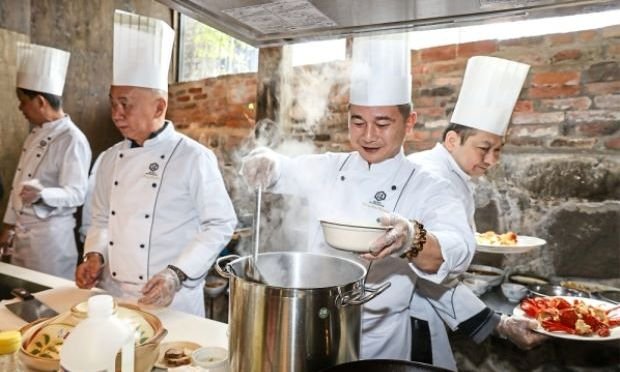
“The products that it manufactures, particularly those under the flagship Angel brand, are being exported to Singapore and China, and soon to Japan.
“Japan will be hosting the Tokyo 2020 Olympic Games but lacks proper halal products to cater to Muslim athletes and tourists, and this is where Bidor Kwong Heng can come in.
Heritage Foods is a member and dedicated investment arm of Hong Kong-based Fung Group, and manages a portfolio of Asian brands of sauces and condiments.
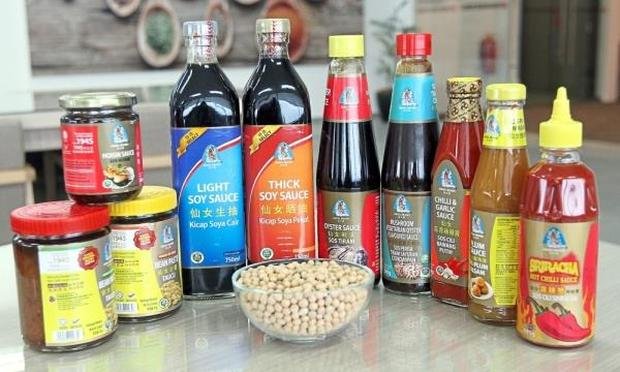
There are at present three brands under the company’s portfolio – Hamada of Japan (originated in 1818), Woh Hup of Singapore (founded in 1936) and Bidor Kwong Heng in Bidor, Malaysia (established in 1945).
Heritage Foods acquired Woh Hup in 2015, followed by Hamada in 2016 and Bidor Kwong Heng in 2017.
Bidor Kwong Heng’s factory is halal-certified, FDA-certified and BRC-certified (according to US and European standards, respectively). Its products were certified halal by Jakim in 1998.
“Heritage Foods’ key mission is to acquire (and reorganise) reputable sauce and condiments companies, or fast-moving consumer goods (FMCG) with a heritage brand,” said Saw.
“It’s an industry that continues to grow. We believe we can bring change to it and introduce new experiences to consumers.”
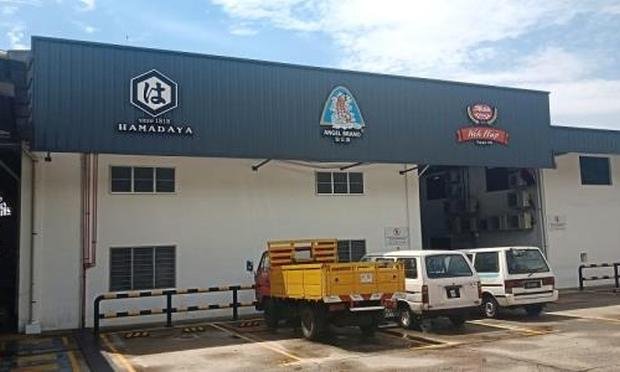
When it comes to their approach on company acquisitions, Saw said the management would evaluate the brand, its heritage, types of products, unique selling points, growth potential and ability to go into the international market.
“We want to have strategic leverage when looking at acquisitions,” he said.
“China is the most important market for us right now, so it will be very good if we can acquire a large Chinese company as that will add strength to our distribution network and economies of scale.
“By acquiring, for example, a soy sauce company in China, we will be able to tap into that company’s presence, working relationship and distribution network, while at the same time connect the entire supply chain together and add strength to our entire organisation.
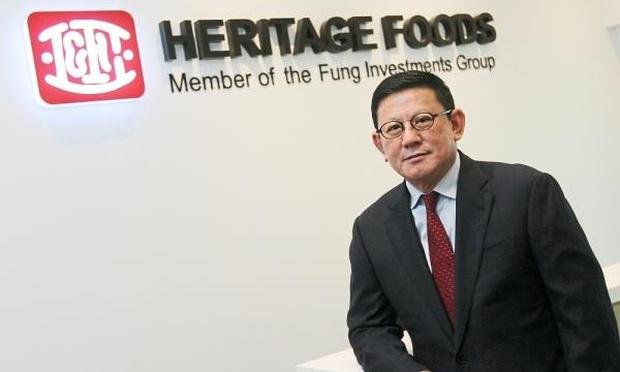
“It also gives a lot of synergy for Heritage Foods, in terms of research and development, human resources, career development and brand building,” said Saw during an interview in Kuala Lumpur.
He said having a manufacturing base in Malaysia offered a lot of upside for Heritage Foods.
“There is an existing pool of talents, language and cost of manufacturing are an advantage, plus Malaysia sets the gold standard for halal hub,” said Saw, adding that it was for these reasons Heritage Foods established Malaysia as its global support centre.
“Malaysia is a preferred halal hub because it’s a Muslim country and it has established itself as a halal manufacturing hub worldwide.
“It all has to do with religion, environment, supply chain, government policy and regulations, as well as its connection with the International Halal Authority Board.”
Saw said Heritage Foods believes in the vast potentials of the halal industry, as sales for the global halal food market is valued at RM8.4 trillion and still growing.
Halal market and world plans
In its efforts to tap into the halal market, Heritage Foods introduced a new range of fully halal-compliant, Malaysian-made sauces under the Salam brand in May 2019.
“Malaysia is a multicultural country, with a fusion of cultures and diverse range of cuisines,” said Saw.
“Malaysia also has its unique cooking sauces that other countries don’t have, but are not well-known throughout the world.
“The Salam brand offers a great opportunity, as the halal products represent a Malaysian range of sauces that can go global.”
Saw said each brand manufactured by Bidor Kwong Heng has its own distinct identity, with Angel brand offering Cantonese-type sauces such as soy sauce, oyster sauce and bean paste, while Salam’s taste profile is catered towards the Muslim community, such as sos kicap manis and sos kicap manis pedas.
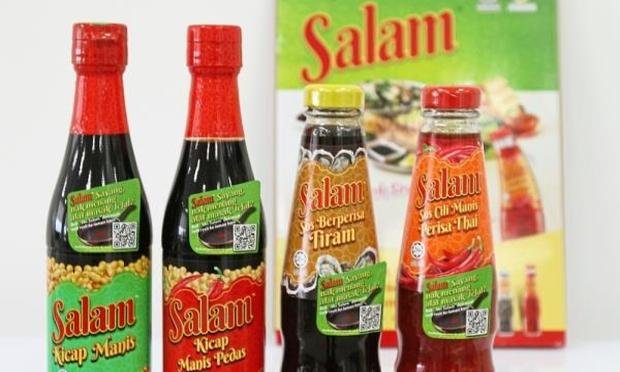
“We are now starting to develop merchandising materials, product recipes and supermarket listing for Salam, and looking at engaging Malay traders and salesmen,” he said.
“We are also working on establishing the distribution network and chefs’ network to promote Salam’s products.
“By the end of this year, Salam products will be available nationwide and exported overseas.”
The Heritage Foods team has a busy year ahead, with plans for possible acquisitions of four or five Asian brands, one of which is a Japanese snack food company.
“For Heritage Foods Malaysia and Bidor Kwong Heng, the focus this year includes redeveloping its existing range of sauces, establishing a chef’s network, developing unique products for the international market and driving business growth in Malaysia,” said Saw.
“The formula of some products have to be upgraded, in keeping with the changes in taste profiles, market preferences, and even ingredients.
“We are planning to launch a series of ready-to-serve Malaysian hawker food sauces.
“With that range, a home cook will just need to buy some basic ingredients and pour the sauce to create their own version of, say, black Hokkien noodles.”
On the chefs’ network, Saw said he was looking at building two kinds – with experienced and up-and-coming chefs.
“The experienced chefs will become our brand ambassadors. They have their own signature dishes and know how to use Heritage Foods’ sauces to enhance their creations,” he said.
“At the same time, we want to work with the younger generation chefs who are hungry for innovation. They can play around with our range of sauces to create new dishes.”
Saw shared that the chefs network model has worked successfully for Heritage Foods.
“We have one or several chefs that specialise in a certain cuisine,” he said.
“Sometimes, we request that they create recipes that can be shared with other countries. At other times, we invite them to travel overseas with us to do demonstrations, promote our sauces and their culture.”
Saw expressed hope that Heritage Foods would become a pioneer in promoting Malaysian cuisine with Malaysian sauces and the Malaysian brand internationally.
“We are thinking of publishing a Malaysian hawker guide book featuring hawker food from places like Melaka, Ipoh and Penang,” he said.
“There will be an introduction on the hawkers, what makes their dishes so special and where to find them.
“There will also be a feature on how readers can replicate a similar dish at home using Heritage Foods’ sauces.”
Beyond selling its sauces, Saw said the company also wants to promote Malaysian culture and cooking traditions internationally.
“Malaysia has a lot of good food but it isn’t well promoted. We can play a role in doing that.
“At the end of the day, we want to be the sauce and condiment expert that provides people with authentic sauces made with the best possible ingredients.
“Our dream is for every family in Asia and even worldwide to have Heritage Foods products in their kitchens.”
Credits: The Star
